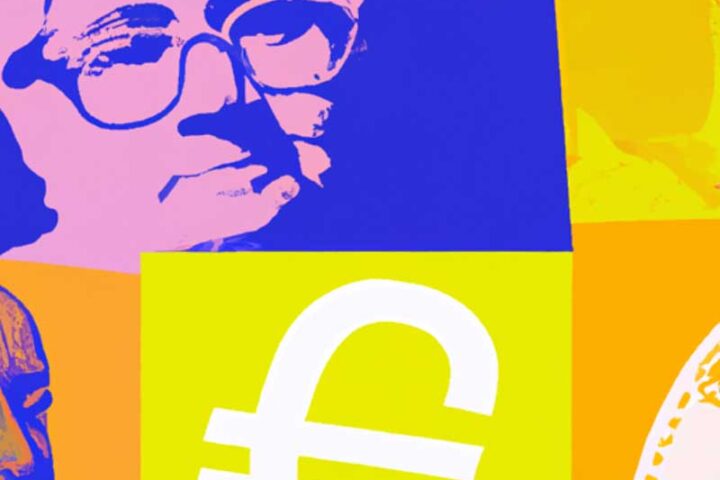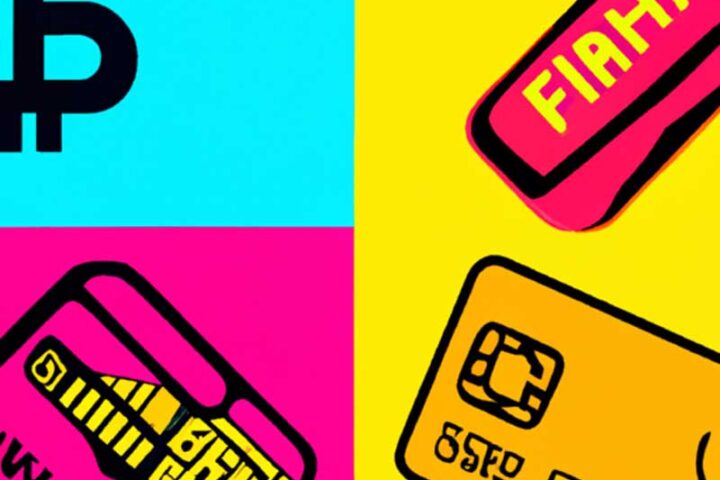The Hong Kong Association of Banks (HKAB) is considering phasing out cheques as a payment method in Hong Kong due to the rapid adoption of electronic payments. The use of cheques in the city has declined by 34% over the past five years, with transactions shrinking by 13% in December 2023. The HKAB plans to develop a transition roadmap for the demise of cheques and explore various possibilities and options for cheque users to shift to digital payments. While it has not yet been decided if cheques will be completely phased out, the decline in usage and the rising popularity of electronic payment methods such as PayMe, Faster Payment System (FPS), Alipay, and WeChat Pay indicate an irreversible shift towards digital payments in Hong Kong.
The decline in cheque usage in Hong Kong is part of a global trend, with many countries phasing out cheques in favor of digital payment methods. Australia and Singapore have announced plans to end the use of cheques, while the UK has seen a significant decline in cheque usage. However, the UK’s plan to abolish cheques by 2018 was abandoned due to public opposition.
In Hong Kong, it costs about HK$15 (US$1.9) to process each cheque, resulting in an annual cost of HK$2 billion for the banking industry. The high cost of cheque clearing, coupled with the increasing adoption and convenience of digital payments, makes phasing out cheques a logical step for the banking industry.
The HKAB is also focused on promoting Hong Kong and building relationships in overseas markets. The association plans to organize visits to Southeast Asian countries and explore opportunities in the Middle East after signing a cooperation agreement with the United Arab Emirates.








